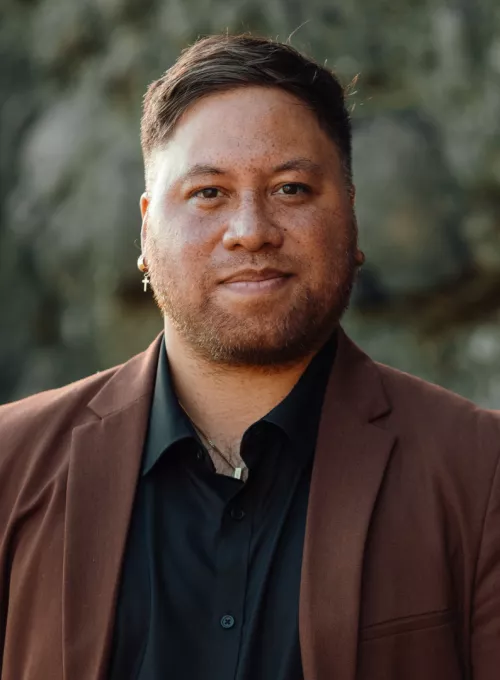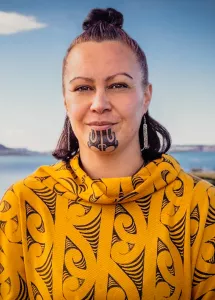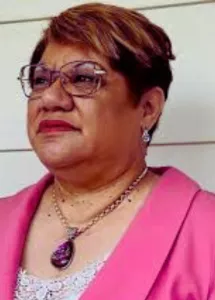
Aaryn Niuapu is a strategic leader dedicated to championing the voices of tāngata whai ora, whānau, and hāpori in mental health and addiction service design, delivery, and governance. With a background in clinical practice, workforce development, and lived experience, Aaryn brings a unique perspective to his roles.
Aaryn’s journey includes his work as an Alcohol and Other Drugs Clinician, leadership roles at Te Rau Ora and Te Pou, and co-founding Racial Equity Aotearoa. He previously served as the National Director of Service Design Oranga Hinengaro at Te Aka Whai Ora, where he elevated mātauranga Māori informed approaches to service innovation and design. Currently, he is the Principal Consultant for Whakatira Leadership, Lived Experience Director at Te Whatu Ora - Te Toka Tumai, and a lecturer in the Foundations for Lived Experience Based Practice Pathway at AUT.
Aaryn has extensive experience advocating for Tiriti-centered, equitable outcomes in partnership with political and community groups. His commitment to transformative change is reflected in wider leadership roles throughout his career, such as the former co-chair of the National Association of Mental Health Services Consumer Advisors.
Aaryn has presented mātauranga Māori frameworks and research at national and international conferences, including:
Te Whānau o Puanga: Reframing Whānau Trauma Care Through Pūrākau (Cutting Edge Conference, 2019)
Mana Tangata as Clinical Practice: Working with and for Whānau Whaiora (Cutting Edge Conference, 2016)
Mana Manaaki – Moving Past Multiculturalism: An Indigenous Discourse on Racial Equity (Social Movements Conference, 2016)
Te Hui o Hauora – The Gathering of Wellbeing (Healing Our Spirit Worldwide, 2015), presenting a whānau-centred approach to addiction rehabilitation.
Through his work, Aaryn ensures service design reflects the aspirations and needs of Māori, strengthening equity and wellbeing for future generations.
Links:
Ancestry: Indigenous Pride (Poem)
Why changing the way we view safety can change our use of restrictive practices
Updated 10 December 2024



